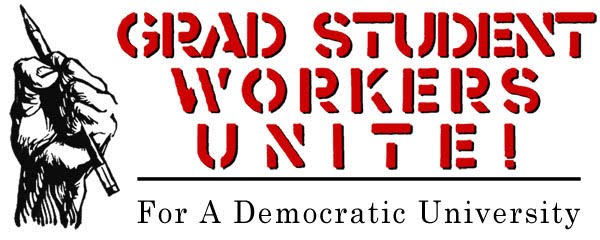At the Board of Regents’ first public forum on Wednesday February 14th, four members of the board were present to listen to student suggestions concerning state funding collapse, the laying off of custodians and TA positions, and the future of our University. The board listened to the suggestions, or at least, they seemed to listen. That is, they were sitting down without earphones on. Other than that there was really no reason to believe that they could hear a word the students said.
And the students had a great deal to be angry about. According to the National Center for Public Policy and Higher Education, average tuition in the past 2 ½ decades has risen by 440 percent, which is more than four times the rate of inflation. At the University of Washington, state funds decreased from 401 million in 2009 to 212.2 million in 2012—nearly a 50% decrease, which has been made up through tuition increases and budget cuts. Nearly half of all student aid has been in the form of student loans, which gather enormous interest over time and cannot be eliminated even through bankruptcy. Even for students who demonstrate great need for funding, 40% of student aid reserved for these students is through student loans.
But the Board of Regents did not need to respond to these issues at all. They are simply not set up to care at all about student concerns. The Board of Regents is a body of ten people chosen by the governor, not the students, faculty or university staff. They make major decisions concerning supervision, investment and distribution of funds. To their credit, they used this power once to set in place a program that exempts tuition for those with part-time jobs (RCW 28B), and many students seemed to glorify them for this reason. Yet despite their power to enforce policies (such as exemptions) the board has so far been run by business elites chosen by Chris Gregoire, including airline-industry elites Bill Ayer and Pat Shanahan. This is one of many indications that the University itself is run as a for-profit business rather than a public education institution meant to support its greater community.
With no election process at all, and without any accountability for the Board’s actions, the crowd of students seemed to wonder: Will the Board even care what we think?
The answer seemed time and again, no. Despite tears from one speaker who could not afford to take care of her new-born child, the regents never said a word in response, making it clear that they only needed to host the public forum as an attempt to begin implementing what House Bill 2313 will eventually make mandatory: that public forums will need to be held once a year. The attempt seemed like an empty gesture--as merely a way of stating that they did not need to be forced to host a public forum, because they had one a year before they were forced to have one.
So the Board simply sat like golden statues receiving prayers, and the speakers were left with no certainty that anything was getting through. Even when the regents were asked direct questions like "how do you define public?" or "what have you done so far that meets student interests or participation?" there was not even a nod or a head-shake.
Why is education free in countries far poorer than the United States? Why do we have 150 administrators who get paid more than the governor? Why does our president make $800,000?
Speakers' questions only received ceaseless smiles and reminders that they were over their allotted three minutes. Soon speakers realized that the entire event was merely a gesture, signaled by the fact that few of the regents were even taking notes. The only purpose to speaking at all seemed to be in addressing the very audience who was meant to speak--not the regents, but the students, faculty and staff who cheered them on. A couple speakers acknowledged this directly, by reversing the microphone and turning their back on the regents to address the audience. If the Board would not listen, we would at least listen to ourselves.
